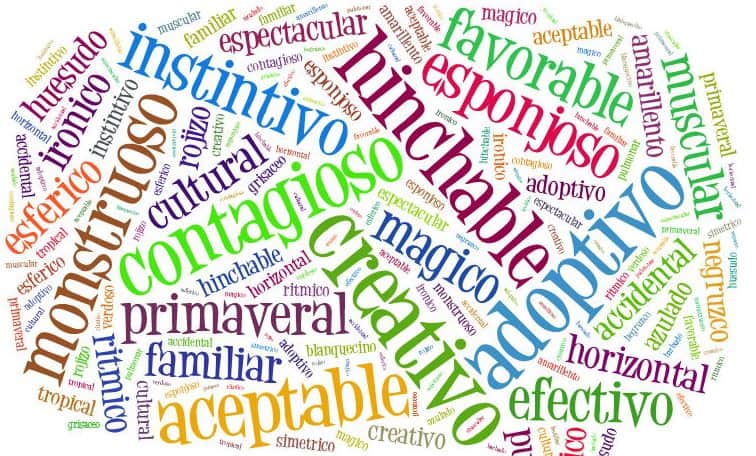Do you ever wonder where do adjectives go en español? Before or after nouns?
Traditionally in Spanish adjectives go after nouns (the opposite of English); particularly when these adjectives are used to qualify or describe the attributes of that noun:
- Mi casa es grande y luminosa. My house is big and bright.
- El día está gris y frío. The day is gray and cold.
- Los tres hermanos son altos y morenos. The three brothers are tall and dark-haired.
However there are some exceptions; when adjectives are used to identify a noun (demonstratives, possessives, numerals, indefinite, etc) they usually go before it:
- Esta casa es de mi abuela. This house belongs to my grandmother.
- Aquel auto es muy rápido. That car is very fast.
- Mi casa es grande y luminosa. My house is big and bright.
- ¿Tu hermano se casa el sábado, no? Your brother is getting married on Saturday, right?
- Los tres hermanos son altos y morenos. The three brothers are tall and dark-haired.
- Mañana es el primer día de clases. Tomorrow is the first day of school.
- Algunos días llego muy tarde a casa después de trabajar. Some days I get home from working really late.
- Hace varias semanas que no hablamos por teléfono. It’s been a few weeks since we last talked on the phone.
Another exception is when we place a qualifying adjective before the noun in order to emphasize its attributes:
- Las tradicionales fiestas de Carnaval. (The emphasis is on the traditional aspect.)
- Bebimos una refrescante limonada. (The emphasis is on how refreshing the drink is.)
- Están muy cansados después de un largo viaje. (The emphasis is on how long the trip was.)
Note that placing the adjective before the noun can sometimes cause a change of meaning:
- Mi viejo amigo. (We’ve been friends for a long time.)
- Mi amigo viejo. (My friend is old.)
- Es un gran hombre. (He is a great man.)
- En un hombre grande. (He is a large man.)


